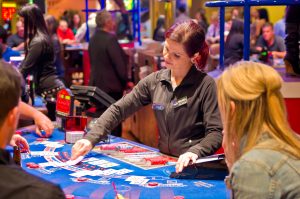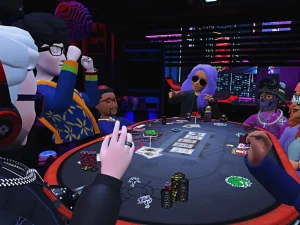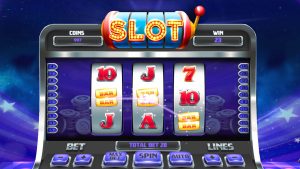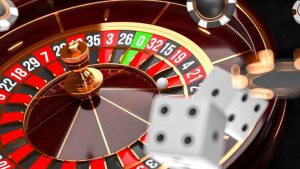
Slot machines, whether they are at the local convenience store or in a casino, are one of the most popular games. These games seem simple to play with just a few buttons, but how are they programmed?
How do Slot Machines Work
The first thing to understand is how the rtp slot machine knows when somebody has won. A sensor hidden near the coin slot checks what has been put into the game and it sends a signal to a microprocessor which then calculates something called ‘theoretical hold percentage’. The theoretical hold percentage is how much of the money that has been put into the machine would be paid out if each and every spin was played to its completion.
This means that if somebody put in $100 and played every single spin from start to end, the theoretical hold percentage would be how much they would receive back. The payouts are usually at least 10% of what has been put into the machine to prevent somebody just putting in a lot of money and winning everything back.
It is up to the person who owns the machine to determine what payouts they want to have, and what their theoretical hold percentage will be. Usually casinos, being larger than convenience stores, will have a much smaller percentage. This ensures that people put more money into the machines to keep them interested.
A Higher Skill Level
Theoretical hold percentage is not the only way that a slot machine knows when somebody has won. The slot machines also know when somebody is pressing the buttons in a very specific pattern, something known as a ‘skill stop’. This means that if you are playing and you hit the spin button three times in a row, then the machine will recognize this pattern and stop on the next or previous winning combination.
This gives the impression that the player has some sort of control over what happens, when it is really up to chance. Skill stops are most common on video slots. This ensures that people will keep playing and keep spending money.
The End Goal
Many people think that a machine’s only goal is to get as much money as possible from players, but they would be wrong. Slot machines bring in a large amount of money for their owners and it can be hard to find new players if they get too much money from them.






